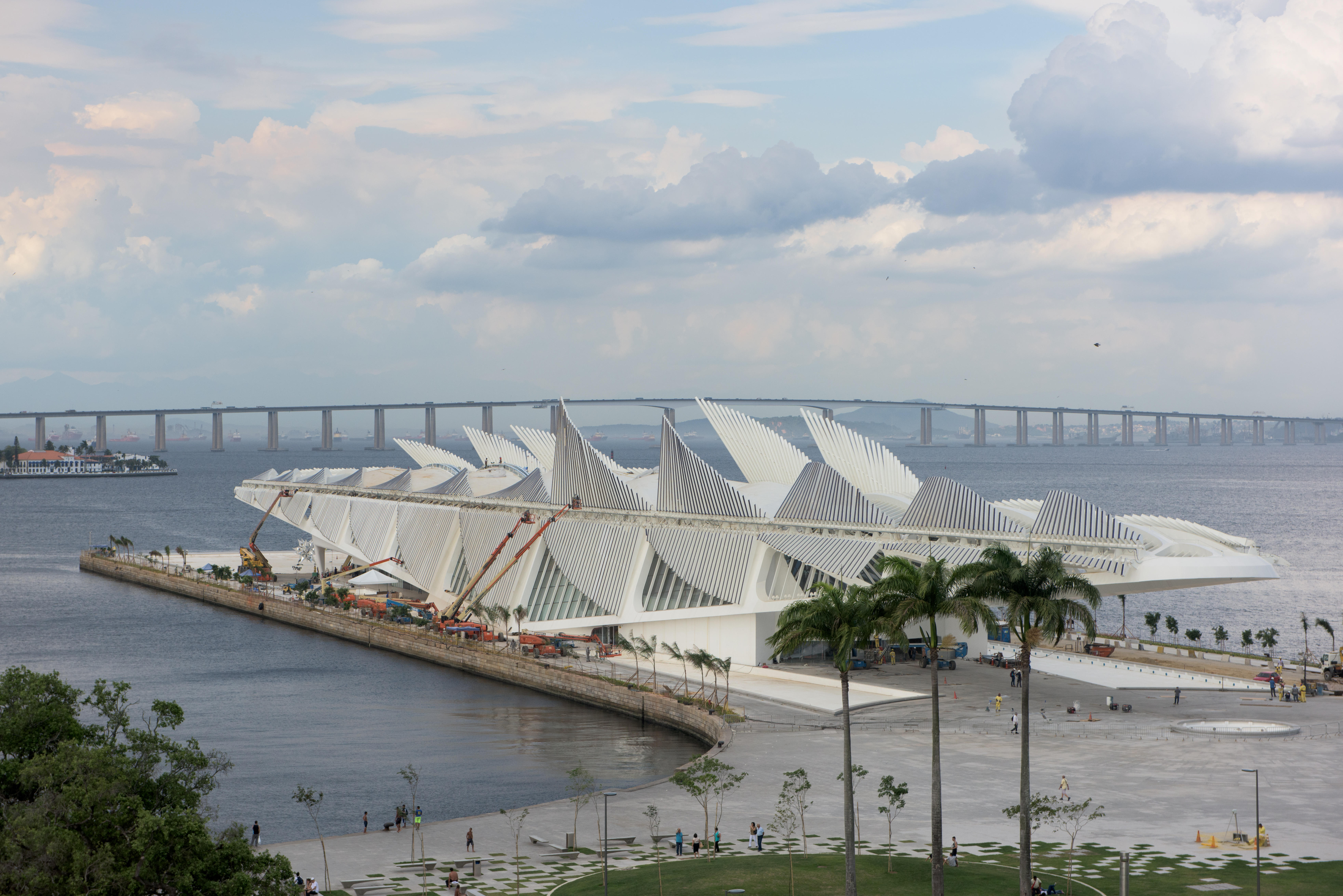Rio de Janeiro inaugurated the Climate Hub, a center dedicated to climate change research that aims to attract talent related to climate change impact studies in Brazil and promote collaboration and dissemination of the work in the scientific community and among world leaders.
The Climate Hub is located within the Museum of Tomorrow in the port region of Rio de Janeiro. It is the result of a partnership between Columbia University in the United States and the city of Rio de Janeiro.
During the inauguration, the director of the Columbia Global Center Rio, Thomas Trebat, emphasized that facing climate crises requires alliances and cooperation among people.
“We are all in this together, citizens from all parts of the world and Brazil taking up climate issues,” said the director.

The ambassador and special advisor to the Brazilian Presidency, Celso Amorim, emphasized that the environment and climate are central themes of the government of President Luiz Inácio Lula da Silva.
He cited as examples of the resumption of this debate in the country the reactivation of the Amazon Fund and the possibility of Brazil hosting COP30, the United Nations climate conference.
For her part, the national secretary for Climate Change of the Ministry of Environment and Climate Change, Ana Toni, representing Minister Marina Silva, said that within the climate transition, the portfolio would work with the construction of sectoral plans, adaptation plans focused on social welfare, incorporation of the oceans and coastal areas to the debate and creation of a climate security authority and a National Council on Climate Change.
“Let’s start with the issue of deforestation, which is our biggest problem, but the issues of agriculture, energy, or transportation cannot wait.”
“On the contrary, they will have to be accelerated so that we can reach our goal and make this contribution to the world. Always ensuring that we have a low-carbon, economically prosperous, and socially just development model”, he concluded.

